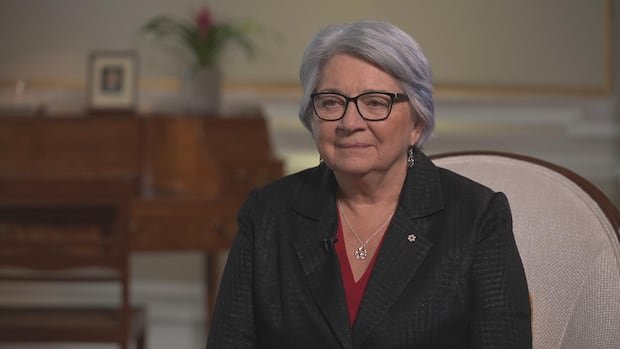Nearly a decade after participating as an honorary witness before the Truth and Reconciliation Commission, Governor General Mary Simon is revisiting her childhood memories as an Inuk child when older children in her community were sent off to residential schools. Due to having a white father, Simon was not allowed to attend a residential school, which left her with a sense of guilt that she only fully grasped later on as she contemplated the trauma and abuse suffered by children in residential schools.
As she observed the sorrow of families in her community who had children taken away, Simon recalled attending church with her grandmother and feeling perplexed by the parents’ gestures of hugging her and her siblings. She realized that these embraces were a way for grieving parents to seek solace in the presence of children they were missing dearly.
Reflecting on the progress made in Canada since her involvement with the Truth and Reconciliation Commission, Simon emphasized the ongoing positive changes, particularly the growing dialogue among First Nations, Inuit, Native peoples, and other Canadians. She stressed that true reconciliation is not a matter of policy but a core value that demands a continuous and lifelong commitment, akin to empathy and happiness.
Addressing concerns raised by various Indigenous groups regarding the federal government’s acceleration of major projects, Simon expressed optimism that potential issues could be resolved by honoring commitments to Indigenous communities. She highlighted the importance of the government’s pledge to collaborate with Indigenous peoples, elevate them as partners, and create employment opportunities, viewing it as a promising step forward in fostering positive relationships.
The discussions surrounding the expedited approval process for major projects have sparked worries among Indigenous communities, with some feeling that their rights were overlooked in the consultation process prior to the introduction of Bill C-5. Simon encouraged the government to uphold its promises to Indigenous groups and address any perceived challenges effectively, emphasizing the potential for meaningful partnerships and opportunities through genuine engagement.


